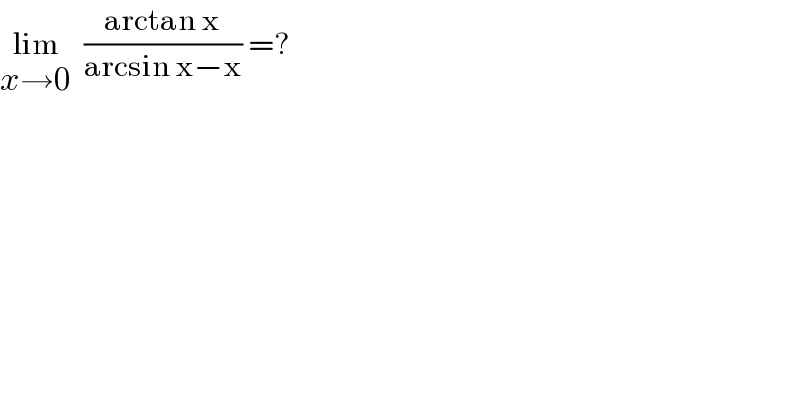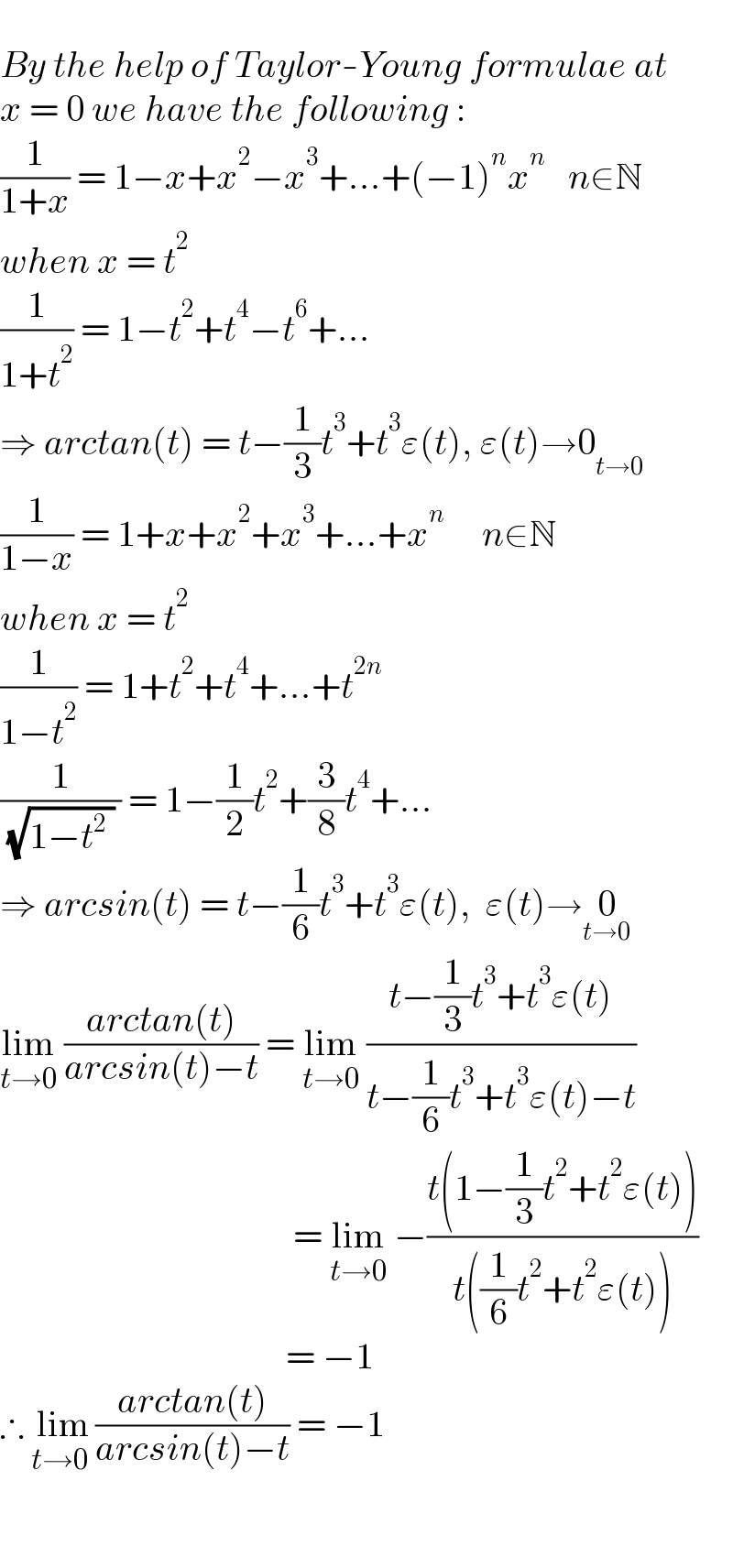
Question and Answers Forum
Question Number 176213 by cortano1 last updated on 15/Sep/22

Answered by flamable last updated on 15/Sep/22

Commented by cortano1 last updated on 16/Sep/22

Commented by Tawa11 last updated on 25/Sep/22

| ||
Question and Answers Forum | ||
Question Number 176213 by cortano1 last updated on 15/Sep/22 | ||
 | ||
Answered by flamable last updated on 15/Sep/22 | ||
 | ||
| ||
Commented by cortano1 last updated on 16/Sep/22 | ||
 | ||
Commented by Tawa11 last updated on 25/Sep/22 | ||
 | ||